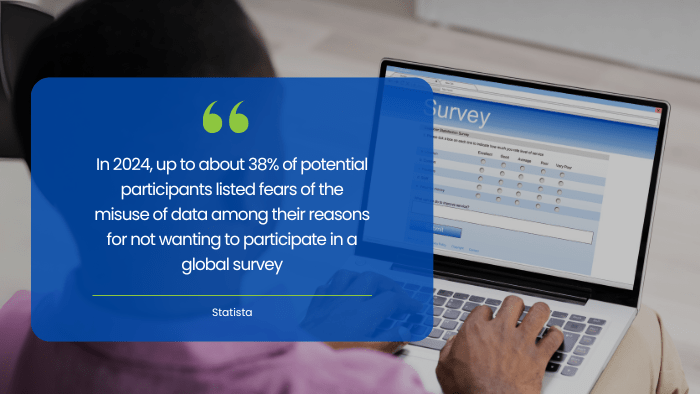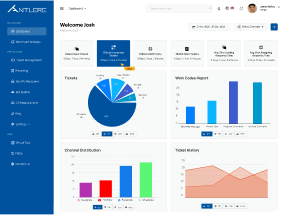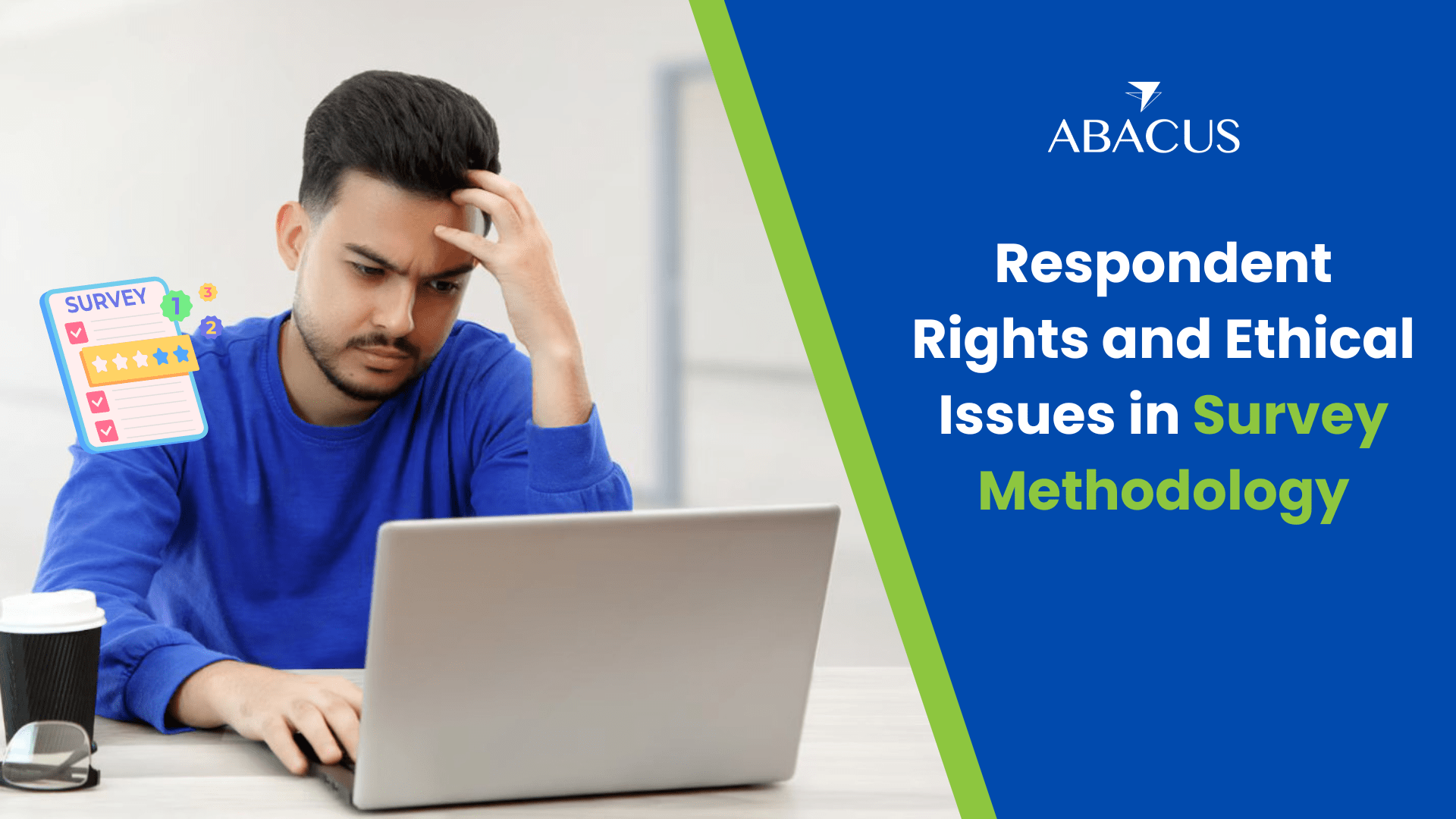Respondent Rights and Ethical Issues in Survey Methodology
Surveys are one of the most popular means of collecting information cross-sector, from consumer attitudes to employee satisfaction. But behind every answer is a person and their right to privacy should be the heart of any moral research. If context is overlooked in the design of survey implementation, the results run not only the risk of being misguided but could also harm trust between institutions and with respondents.
This post explains the rights of survey respondents, typical ethical considerations that arise in research and how organizations can take steps to ensure their data gathering practices are maintained at the highest level of integrity.
What Are Ethical Issues in Surveys?
Relevant ethical problems emerge in cases where principles of justice, transparency or a respect for subjects are endangered by research practices. Ethics in the workplace, as a clear ethics example is essentially there to provide participants with dignity and uphold their privacy through proper consent.
If a survey is clearly both invasive and irrelevant to the service being rated, that’s an awful introductory experience. So, what is an ethical issue in this context? It’s when such practices create privacy concerns, misuse of data, and manipulated responses. They’re nuisance problems, perhaps, but they can build up to bring legal and reputational peril to businesses.

Survey Research: Basic Rights Of Key Respondents
A survey participant is entitled to certain rights that will protect him or her from malpractice. These rights prevent coercion, manipulation, and harm and ensure that people are participating in research through their own volition.
Respondent Right | Explanation |
Right to Informed Consent | Respondents need to be informed of the purpose of the survey, the intended use of data, and any risks. |
Right to Privacy | Do NOT disclose any personal info without consent, even admin! |
Right to Withdraw | Survey respondents are allowed to bail at any moment without penalty. |
Right to Anonymity | Responses should not be traceable back to an individual, unless a person has stated so. |
Right to Transparency | Transparency of how responses will impact results or decisions |
When these rights are ignored, response bias or nonresponse bias can creep into data, ultimately reducing its reliability.
Ethical Dilemmas in Survey Methodology
An informed understanding of what is an ethical dilemma in survey research is important. Organizational tensions frequently arise when data accuracy and participant boundaries come into conflict.
For example, an organization might wish to have more detailed demographic information for improved segmentation. But inquiring about income, political views or religion can be touchy. Beyond this trade off, a classic example of ethical dilemma: precision-seeking verses protecting respondent well-being.
Some real life examples of ethical dilemmas in surveys, which serve as useful ethical dilemma examples, include:
- Leading or loaded wording that leads respondents to a particular answer.
- Failing to reveal that answers might be shared with third parties.
- Compelling employees to participate in internal surveys with less than guaranteed anonymity.
These examples highlight how ethical dilemmas in business research are not hypothetical but very real challenges that can affect credibility.
Common Ethical Concerns in Survey Research
There’s nothing wrong with taking a survey, right? Wrong. There are several ethical concerns business and researchers need to consider.
Number one, breaches of privacy are the biggest concern. As digital polls have become more common, the risk of intruders gaining access to poll data has grown. Indeed, a Pew Research Center survey, in 2023, found that 79% of Americans are concerned about how companies use their personal data.
Second, unethical methods of rewarding responses in misleading ways or disguising the purpose of a survey can bias results and reduce trust. And, of course, problems such as nonresponse bias where certain groups systematically refuse to participate can result in findings being wrong and hence to bad business judgments.
These concerns highlight the need to construct surveys from inception that have good ethical foundations.
Ethical Considerations in Research Design
Creating a survey is much more than just writing questions. It forces a deep look at the ethical considerations in research that must be preserved to protect subjects and at the same time ensure accuracy of information. Description is key people need to know what constitutes an ethical issue in the context of a survey, let alone a response (e.g how information will be used and stored).
Companies must also steer clear of questions that are biased. Question wording bias can heavily influence results, as seen when a question like “Do you agree that our service is excellent?” subtly pressures the respondent toward a positive response. Neutral wording is one of the key examples of ethics in action, achieving valid, reliable insights.
Ethical research design also considers voluntary response sampling, ensuring participation is truly optional and not coerced. This reduces volunteer bias, a common issue in surveys that rely only on individuals with strong opinions.
Case Study: Ethical Dilemmas in Workplace Surveys
Surveys of the workplace are full of challenges, especially around workplace ethics and the need to avoid coercion. Employees are often worried about providing honest answers for fear that it will have an impact on their performance evaluations or career progression. It’s an example of ethical dilemma in action.
For example, a multinational company had its annual engagement survey backfire in 2022 when employees discovered that it was not anonymous companies that could trace responses back to employee IDs. This is a classic case of unethical behavior in the workplace leading to a 40% decrease in participation and a loss of confidence in the leadership.
This case brings highlight to workplaces ethics in the workplace. Employers need to really ensure anonymity and state that feedback won’t have any negative repercussions.
The Business Impact of Ignoring Ethical Practices
Bad online survey practices come with a real-world cost. An organization that overlooks ethical practices can ultimately succumb to data inaccuracies, legal implications and damaged reputation.
Impact Area | Potential Consequence |
Data Reliability | Results skewed by survey or non-response bias. |
Legal Compliance | GDPR, HIPAA, or other data privacy regime fines. |
Employee Relations | Lowering the trust where workplace monitoring endangers an employee’s anonymity. |
Brand Reputation | Negative publicity from unethical research practices. |
The lesson is clear: ethical practices are not optional—they are essential for sustainable business insights.
Moving Toward Ethical Excellence in Surveys
With a view of improving the credibility of surveys, businesses ought to include ethical practices at each stage – design, execution, analysis and reporting. Ethical survey research isn’t just about risk avoidance, but that it is a means of establishing trust and increasing participation.
Transparency, respect and fairness should be the norms. Surveys need to work as a tool for empowerment of the respondents not what many are used for: exploiting their voices.

Conclusion: Building Trust with Abacus Survey Solution
Survey methodology ethics is not merely about compliance it’s about trust. Respondents are more inclined to give honest, reflective responses when they believe their rights will be upheld and that their data is in good hands.
This is where Abacus Survey Solution comes in. With technology and integrity as the cornerstones of our business, Abacus makes sure all your surveys respect a respondent’s rights and deliver reliable, actionable data. From securing true anonymity to running safe survey data collection, Abacus helps organizations collect and use data responsibly and without fear.
In a data-driven world, ethical considerations in research are the basis of trustworthiness. Involving solutions that affirm these standards will contribute to ensure that your research produces not only results, but findings that encourage actions with purpose and integrity.

Author







